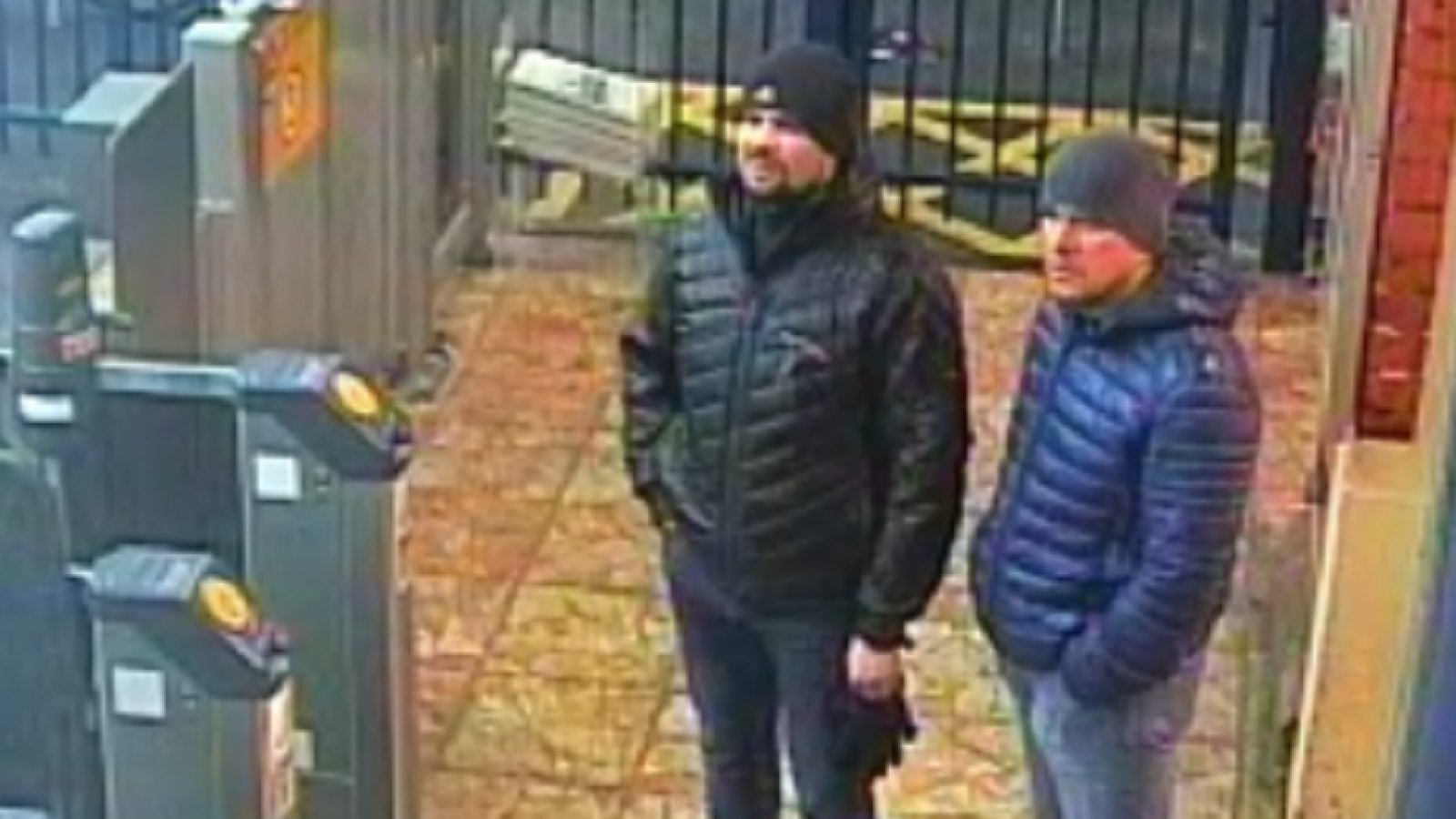
As Bellingcat has uncovered the real identity of two Russian military intelligence (GRU) officers suspected in the March poisoning of a former Russian spy and his daughter on UK soil and revealed their rural roots, the Associated Press takes a closer look at why a career in the GRU appeals to young men like Col. Anatoly Chepiga and Alexander Mishkin, who grew up in deteriorating towns.
... Mishkin is one who got out, leaving the village for a military academy in St. Petersburg ...
For locals, Mishkin is an object of praise: he was awarded Russia's highest military decoration, Hero of Russia, and his portrait hangs at the local school, residents say.
Work in the military and especially in the intelligence agencies has a special allure to youth from villages or small towns who were raised on movies about Russian spies and war heroes.
Mikhail Trepashkin, a retired colonel in the Federal Security Service (FSB), says that under President Vladimir Putin, himself a former intelligence officer, the security apparatus has emerged as the only available social lift for rural youth.
"In Soviet times, people were using the (Communist) party to get ahead: if you have chosen this path, that means everything is going to be all right. Now the FSB or the GRU does that," he said.
(...)
Another suspected GRU officer, Alexei Minin, grew up in the coal-mining town of Gremyachinsk, in the Urals, more than a three-hour drive away from the Urals city of Perm. The mines are now shut, the streets of the town were deserted on a recent visit and the facade of the Soviet-era House of Culture was crumbling and some of its windows replaced with plastic.
Minin is one of four Russians suspected in the Netherlands of trying to hack into the Organization for the Prevention of Chemical Weapons.
Minin's neighbors told the AP last week that he made an enviable career by joining the military and moving to Moscow.
(...)
Miskhin's fellow traveler to England's Salisbury, where the Skripals were poisoned, has been identified as Col. Anatoly Chepiga, who comes from a village in the Amur region in Russia's Far East ...
(...)
Villagers identified him as the Salisbury suspect who called himself Ruslan Boshirov in an interview with state-funded RT channel, and they proudly spoke of his career, referring him as a smart young man who managed to get ahead.
In Loyga, where villagers cover the roofs of their houses with what were once sheets of tarpaulin advertising Moscow's booming property developments, Mishkin's success story stands in contrast to the slow disintegration of rural life.
"The village is dying: Ten years will pass and there will be no village anymore," painter Poroshin says.
(...)
"People from Moscow, (like) people from New York, are not so interested in a military career and being special ops," said military analyst Pavel Felgenhauer. But thousands of miles away from the capital, "it's a way to get out of the misery of rural life in provincial Russia, and make a career."
Military intelligence offers career path in today's Russia (AP)